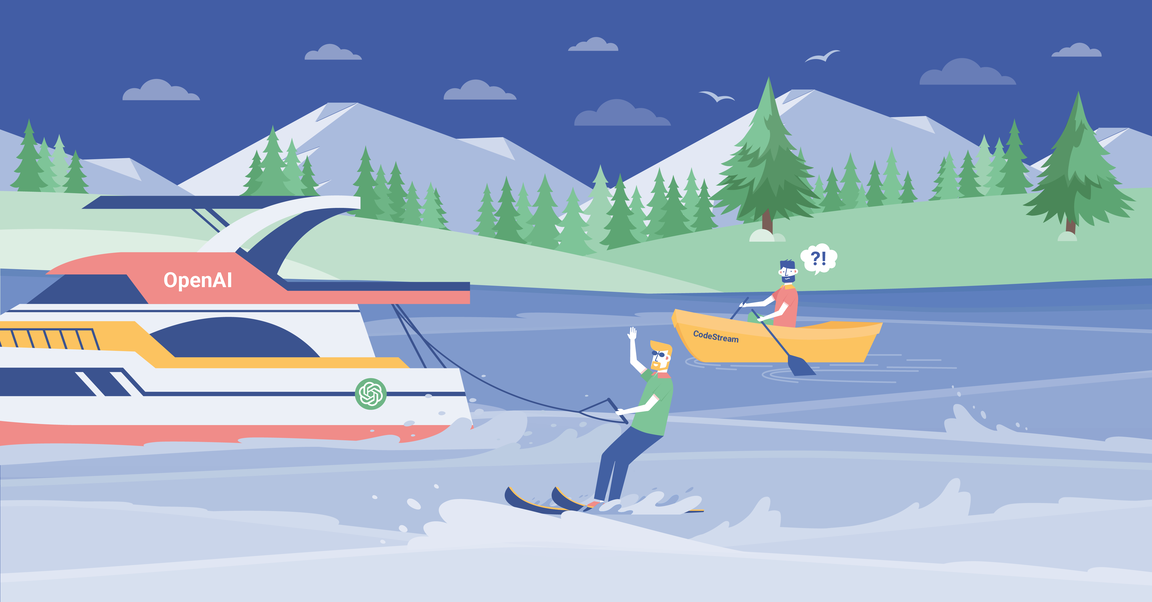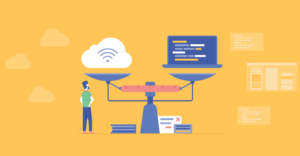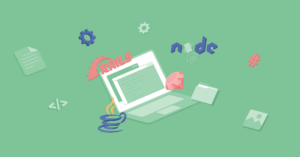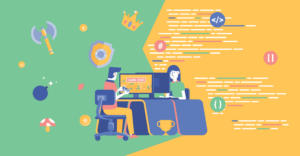Imagine a software developer who never tires, writes flawless code, debugs instantly, and deploys seamlessly. Now picture hundreds working simultaneously. This isn’t science fiction—it’s the new reality offered by OpenAI’s revolutionary AI agents, transforming the software industry right now.
The Rise of AI Developer Agents
OpenAI, creators of GPT-4, are taking a huge step forward by introducing specialised AI agents. With costs ranging from $2,000 monthly for knowledge-based tasks to $20,000 monthly for PhD-level research, these agents are designed for intensive tasks. Most intriguing is the software developer agent, costing around $10,000 per month, capable of autonomously generating code, debugging, and executing complex engineering tasks swiftly and accurately.
Transforming Productivity
Companies integrating developer agents could see productivity boosts of up to 40%, shrinking months-long development cycles to mere days. Imagine bringing software from concept to market almost overnight—this is the competitive edge companies can achieve today.
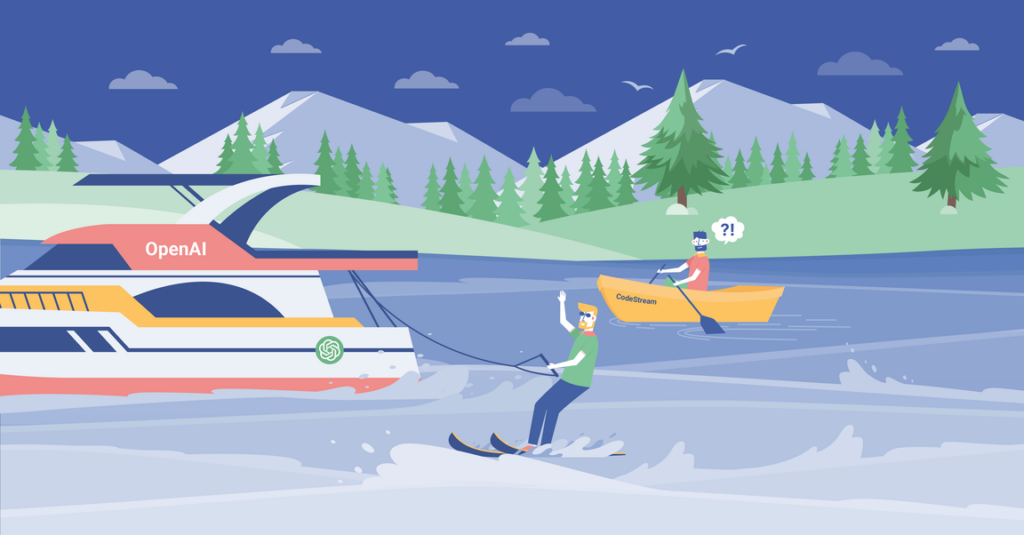
The New Role of Human Developers
Are humans still necessary? Absolutely, but their roles will dramatically shift. With AI managing repetitive coding tasks, human developers will increasingly oversee AI agents, define high-level objectives, create precise specifications, and manage quality and strategic innovation.
Unmatched Quality and Innovation
AI agents adhering strictly to detailed specifications could drastically enhance software reliability and security. Automated quality checks and compliance monitoring could significantly reduce risks, maintenance, and overall costs. Faster prototyping will also drive aggressive innovation and experimentation.
Software Planet Group: Pioneering Tomorrow’s Development
At Software Planet Group, we’ve long successfully integrated advanced AI tools like GitHub Copilot, Claude, and ChatGPT into our workflows. We’re actively shaping future architectures, recognising that AI agents will redefine software requirements, architecture, and development frameworks.
Yet, we remain cautious about fully autonomous coding. Entrusting 100% of code generation to AI challenges our mindset and confidence. Therefore, we emphasise the importance of new systems and platforms to rigorously validate AI-generated code for security, quality, and compliance.
New Tools for New Realities
The transition to AI-powered development demands new approaches and tools. Companies must move from code-centric strategies to managing detailed, structured specifications. Tools for defining clear agent guidelines, automated compliance and governance frameworks, and advanced auditing platforms will become indispensable.
Is Your Company Ready?
The crucial question isn’t if OpenAI’s developer agents will disrupt software development—they already are—but how swiftly your organisation can adapt. Embrace this technology early and position your company at the forefront of digital innovation.
The future has arrived.
